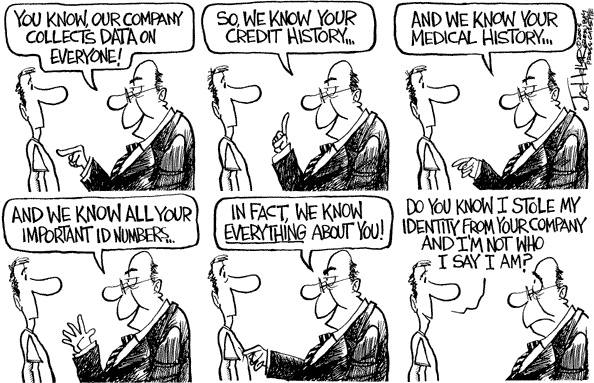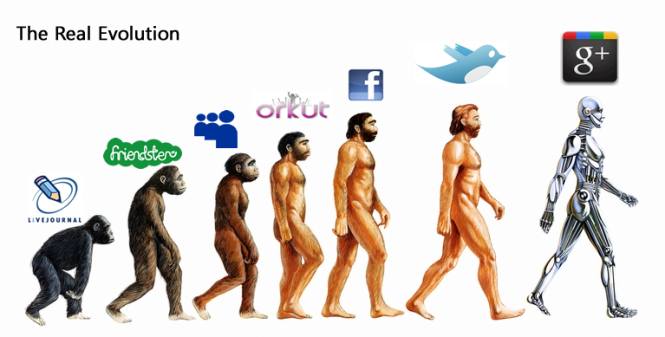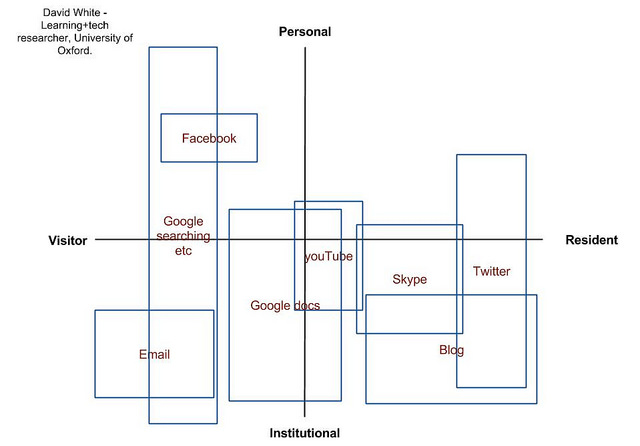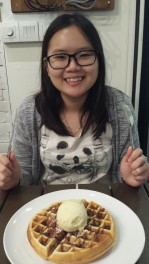Credits: http://homes.cerias.purdue.edu/
Online Identity, Privacy and Security
An online identity is the sum of all your characteristics and online interactions (Internetsociety.org). For instance, my online identity is Elisha Pay and all the other interactions surrounding me. When you have multiple accounts of different identities on Facebook or other network sites, you are likely to be termed as having one or more online identities. As comfortable as we may get with the digital world, we will never share everything about ourselves for fear of identity thefts and bad reputation at stake. For instance, we do not openly share about the bad habits we have.
Before this module, my Twitter account was private. I uses two-way authentication for security purposes on some of my personal accounts. When I first created my social network accounts, everything was public until I was hacked and had a bad stalking experience. I appreciate the creation of security tools but it’s a nuisance when I can’t remember the correct password and get locked out.
Having more than one identity
The argument for having more than one identity is to cope with the fear of being exposed and overexposed. (Jeff Jarvis, 2011) For instance, you would never want to expose your drunken state after drinking with your friends, on your Facebook for fear that your boss will see it and ‘downgrade’ you on a Monday morning. We all have that fear in us, haven’t we? However, being anonymous allow us to have that high-ranking superheroes status without revealing our real identity.
However, in reality, everyone wants genuine consistency. When people found out about your secret ‘superhero’ ranking status, they may look down on you for being a coward. It gets worse when it leads to trust issues or even acceptance (Cristina & Ricardo, 2011). For instance, if you are able to spend that much of time in build up your gaming profile, you are capable of fulfilling your current but you failed to.
As much as having multiple online identities may lead others to think that we are inconsistent, the problem does not lies with having single or multiple online identities. In fact, the creation of even one single account marks the beginning of our digital self (Cistina & Ricardo, 2011). On second thought, it is quite impossible for us to remain connected to only one social network given the fast-growing technology pace. Therefore, the only concern that we should have is to be consistent no matter how many identities we have online.
References
PHOTO – . 2014. . [ONLINE] Available at:http://homes.cerias.purdue.edu/~bhargav/images/heller.gif. [Accessed 01 December 2014].
Online Identity Overview | Internet Society. 2014. Online Identity Overview | Internet Society. [ONLINE] Available at:http://www.internetsociety.org/online-identity-overview#overlay-context=. [Accessed 01 December 2014]
One identity or more? — BuzzMachine. 2014. One identity or more? — BuzzMachine. [ONLINE] Available at:http://buzzmachine.com/2011/03/08/one-identity-or-more/. [Accessed 01 December 2014].
To be or not to be, the importance of Digital Identity in the networked society | Costa | Educação, Formação & Tecnologias – ISSN 1646-933X. 2014. To be or not to be, the importance of Digital Identity in the networked society | Costa | Educação, Formação & Tecnologias – ISSN 1646-933X. [ONLINE] Available at: http://eft.educom.pt/index.php/eft/article/view/216/126. [Accessed 01 December 2014].




